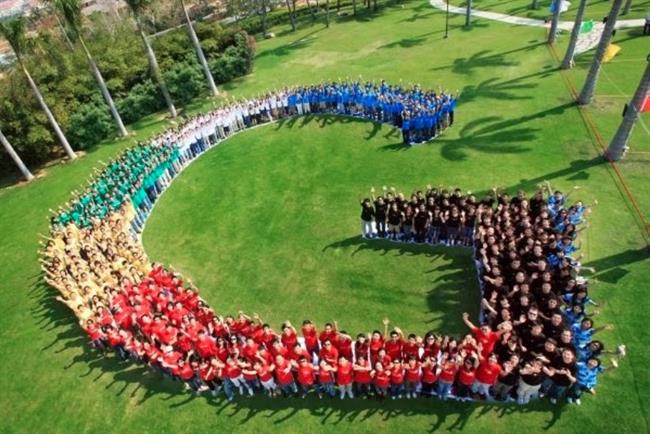Second-quarter results again demonstrated the strength of two internet titans. In each case, what began as a college project has evolved into a marketing behemoth reaching billions of people.
Google has six brands in the one-billion-plus club (Search, Maps, YouTube, Chrome, Android and Play). Facebook, barely into its teens, has two (Facebook and WhatsApp). The only other internet media company in the club is Yahoo – but across all its services.
Globally, Google and Facebook account for the lion’s share of internet advertising – now the main engine of growth in the advertising market, even as TV remains its bedrock. Between them, they are on track to surpass $100bn in ad revenue this year.
Excluding China, where neither sells ads, they look set to represent more than two-thirds of all internet adspend (although the net figure is lower since Google pays out a significant sum in traffic-acquisition costs).
In the UK, the second-biggest market after the US for both companies, the two should generate a little more than £6bn from advertising in 2016, equal to about 30% of the advertising market – around the same share as broadcast TV and newspapers combined.
While others worry about the impact of Brexit, Google and Facebook can take comfort in marketers’ bullish attitude towards digital marketing budgets, as shown in the latest IPA Bellwether Report. Their success in the UK is down to a combination of audience reach and engagement, ability to deliver highly targeted ads and sheer momentum. Crucially, both have established strong positions on mobile.
According to comScore, more than 30 million UK internet users log on to the two companies’ services via smartphones and tablets. The only other organisation in the same ballpark is the BBC. Sky, Trinity Mirror and DMGT are well behind.
The key battleground now is video. In the past year, video consumption in Facebook‘s news feed has exploded and it talks of being a "video first" company. Google counters this with YouTube, the world’s biggest video service. Here, however, both have a genuine fight on their hands, with broadcast giants – notably Sky, as well as ITV and Channel 4 – rolling out digital offerings for consumers and advertisers.
One thing that differentiates Google and Facebook is their ability to successfully evolve their core services while exploring new ideas, products and business models. In our increasingly complex media and marketing landscape, being able to manage the tension between the old and the new is what will determine the winners.
Ian Maude is the group development director at Be Heard.


